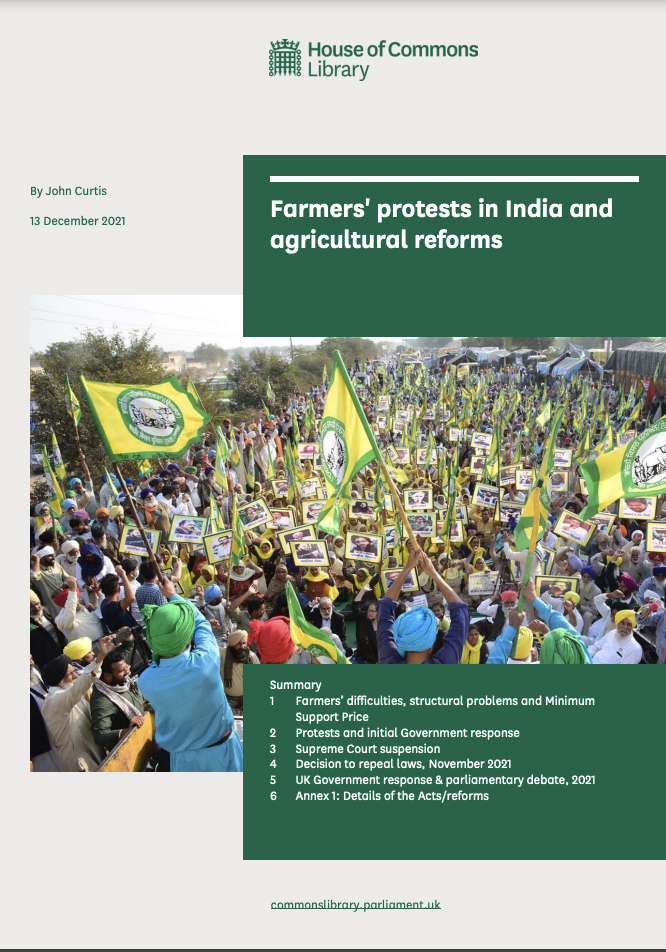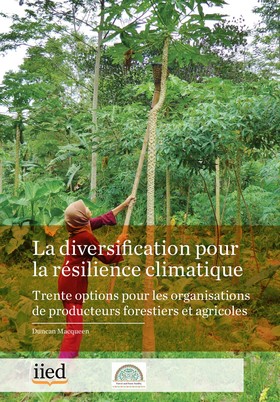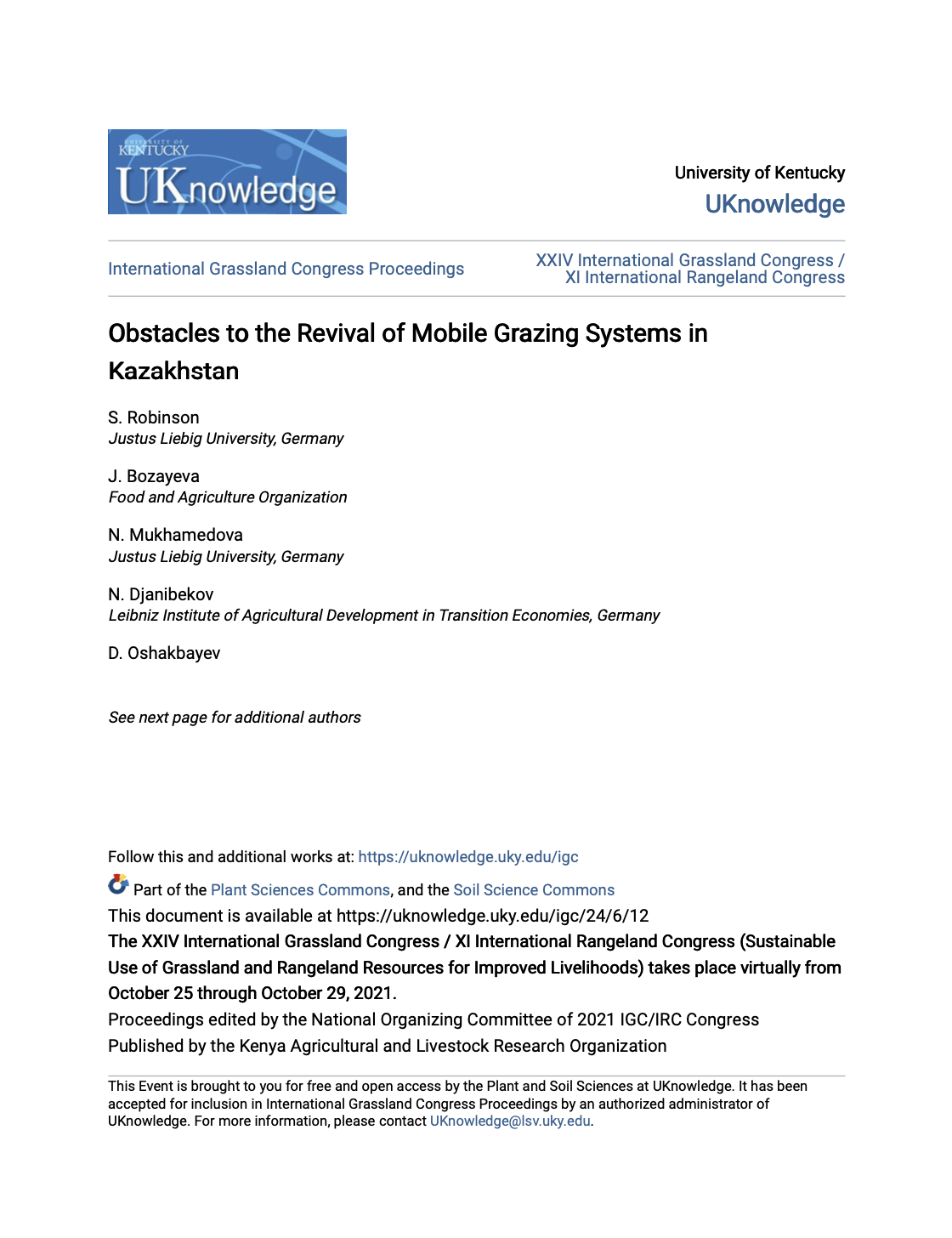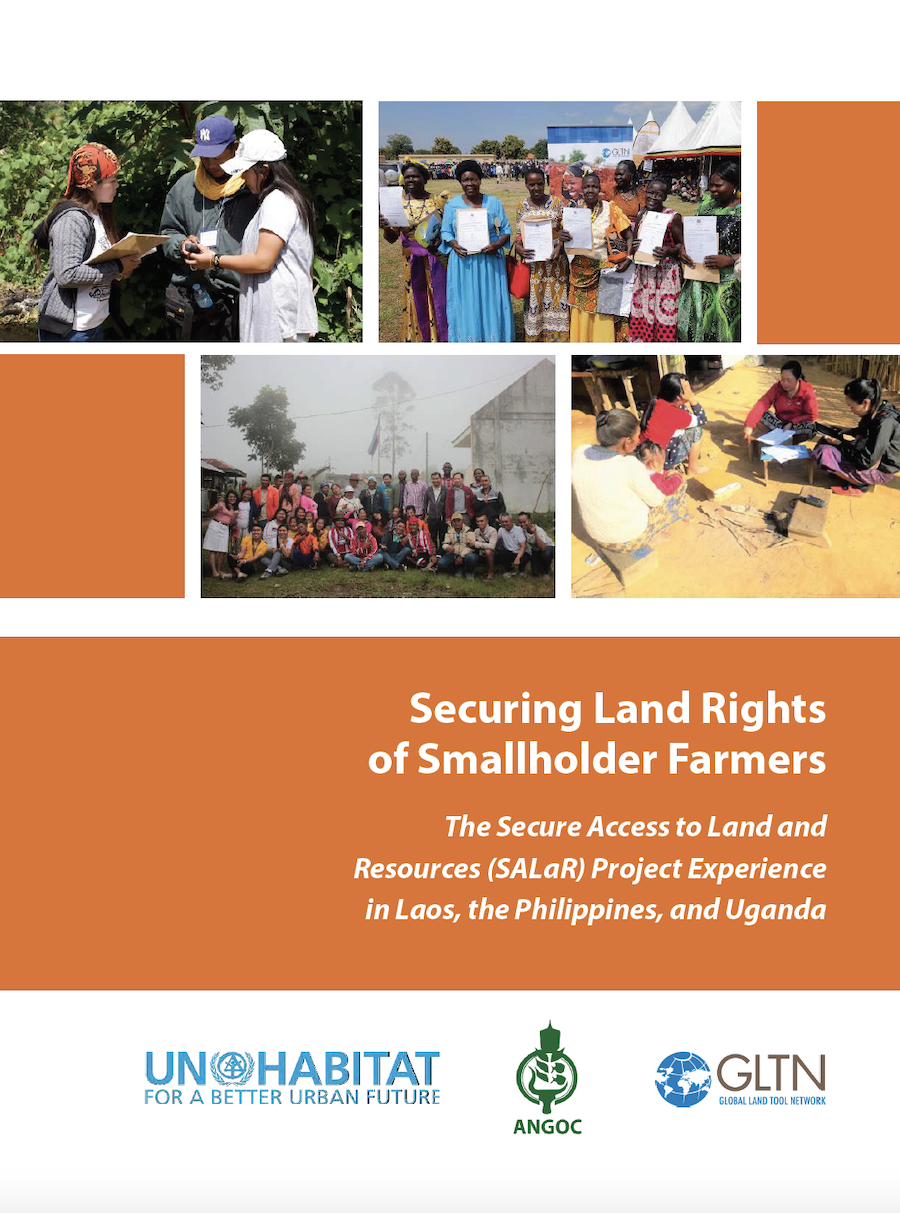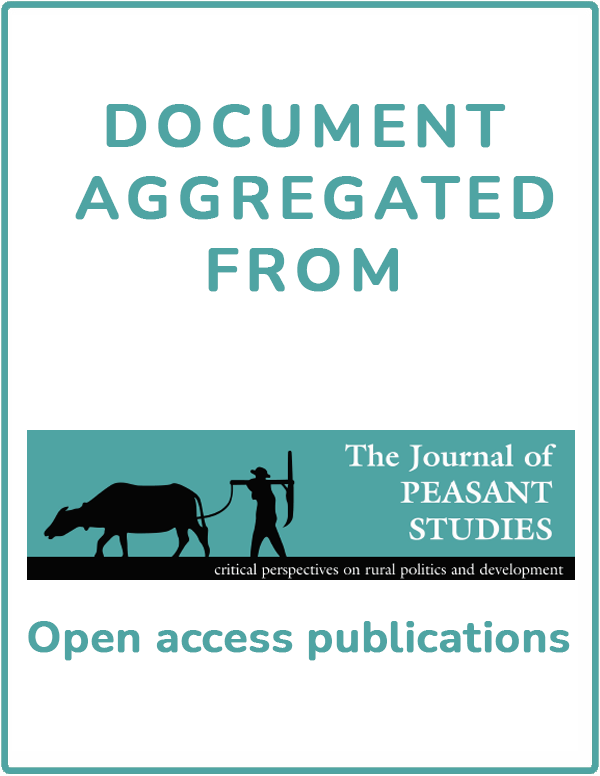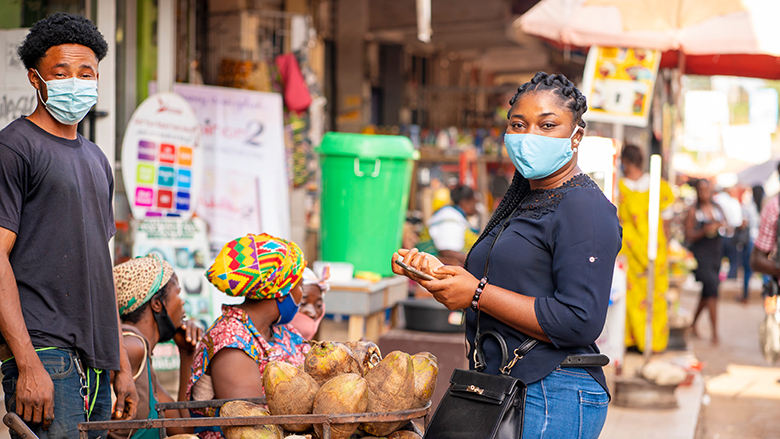Évolution des structures du commerce agroalimentaire: l’importance croissante des pays en développement
Le présent document d’orientation analyse les tendances du commerce agroalimentaire à l’échelle mondiale et par groupes de pays, en accordant une attention particulière aux modèles commerciaux dans les pays en développement.


